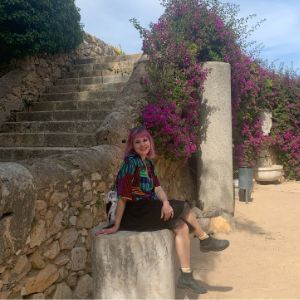When the coronavirus hit and Ontario went into quarantine, I didn’t necessarily anticipate that it would be the perfect time to buy a home – my first property. But, as luck would have it, my current rental was no longer a viable option and I was on the market for a new place to live. Investing in real estate is always a huge undertaking (why else would we have so many shows about it?), but buying a home during quarantine? That certainly came with its own list of unique challenges. Here’s what I learned after I purchased my first home during the coronavirus pandemic.
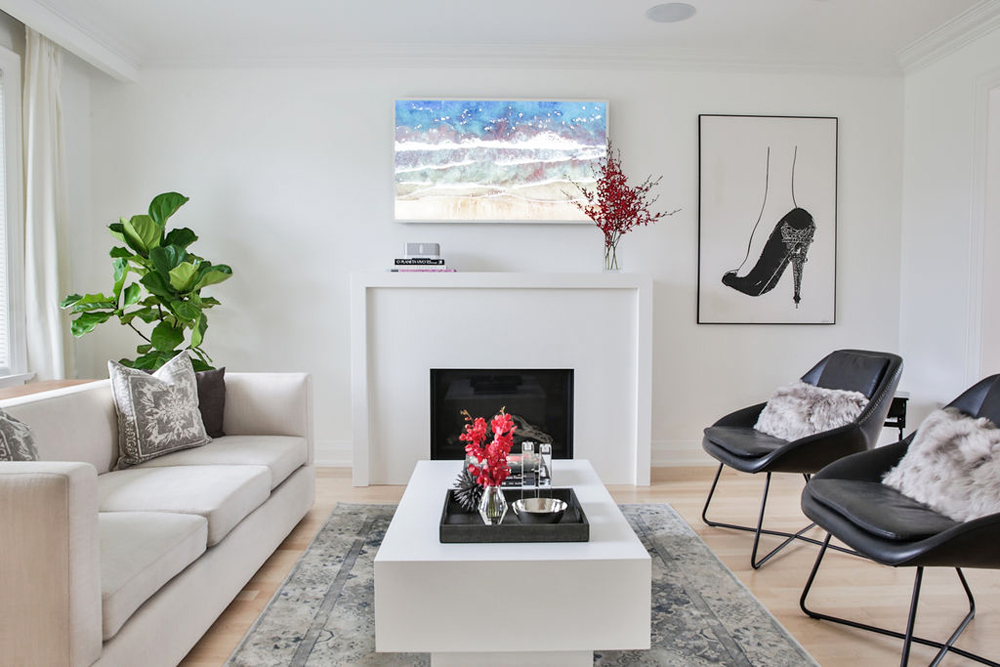
Housing is an Essential Service
Restrictions are beginning to lift more and more, but even at the peak of quarantine, realtors were still allowed to operate, albeit with some adjustments and restrictions to comply with new heightened safety procedures. One of the realty adjacent services that was considered non-essential were staging services. Since thrift shops and donation bins also closed, clearing out clutter has been a challenge for prospective sellers. This meant that some of the listings were not as glossy and professional as usual, but the market could continue on.
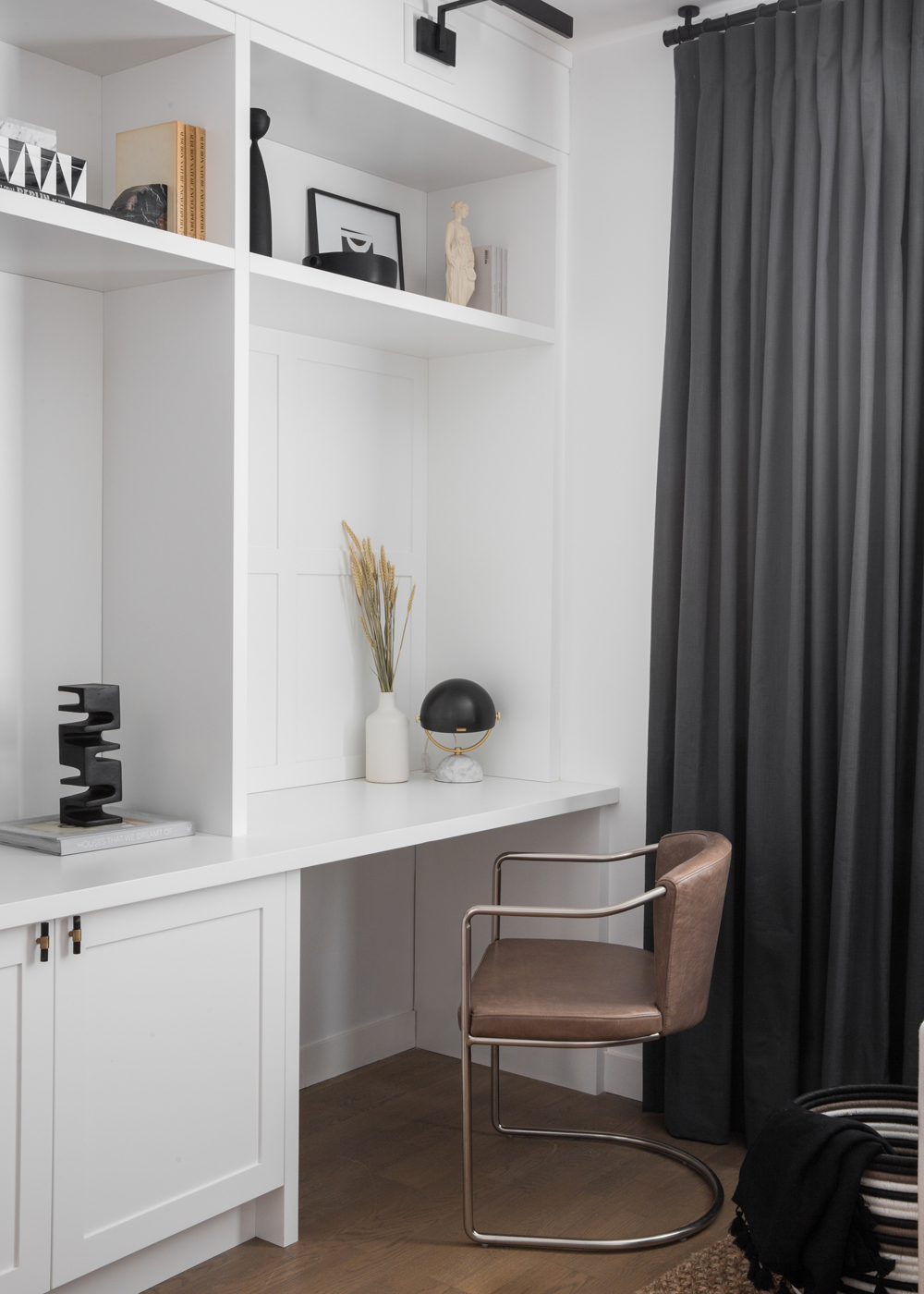
Home Has Taken on a New Meaning
The past several months has greatly altered the way I think about home and the security of a safe place to call my own. While I always considered my abode as a sanctuary, a place to unwind and entertain, our homes became more than that during the COVID-19 pandemic. Now, home has become our office, our gym, our dance club, our favourite restaurant. With that in mind, I had to consider different uses for the space I live in than I would have a year ago. I can’t go any further without acknowledging the privilege I am afforded – as a white cis-het woman with a job and financial security to be able to invest in a home. It took a global pandemic to allow me to break into the Toronto housing market, even with the immense privileges I am afforded. Canada’s lack of affordable housing continues to be an issue that disproportionately affects racialized, as well as low-income communities.
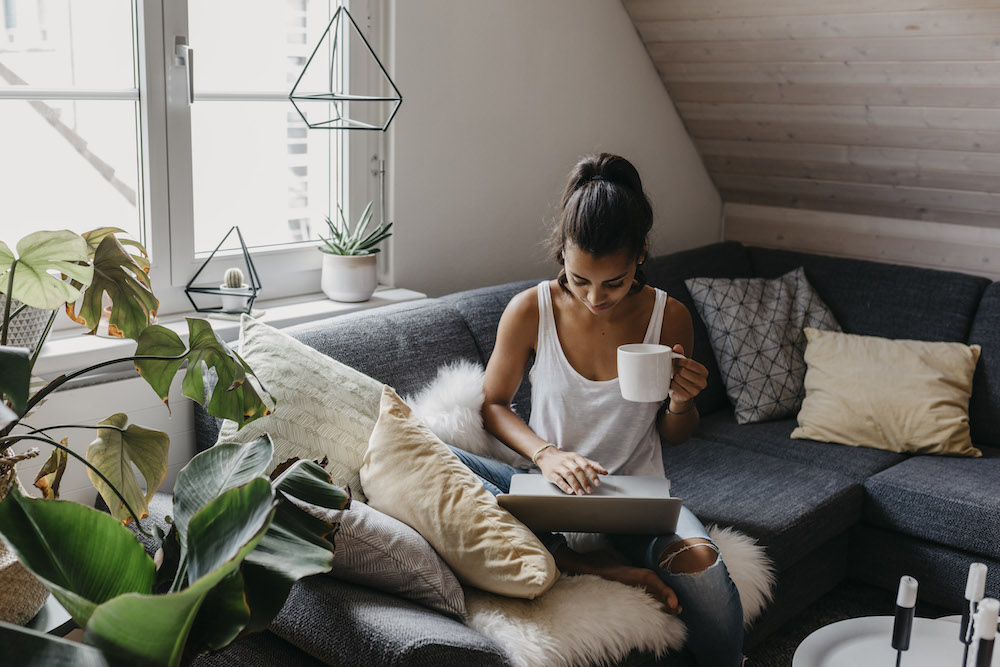
Open Houses Are on Pause
Realtors were encouraged to move as many of their services online as possible and in Ontario, the Ontario Real Estate Association asked agents to stop open houses during the coronavirus outbreak. This actually proved to be a blessing for me, a new buyer who had been edged out in the past because of the intense competition in the market. Open houses serve the agent as a marketing tool and are great for window shoppers – but have you ever panic bought something you weren’t sure of during a busy sale? Yeah, I didn’t want my first home to be that sweater I regret.
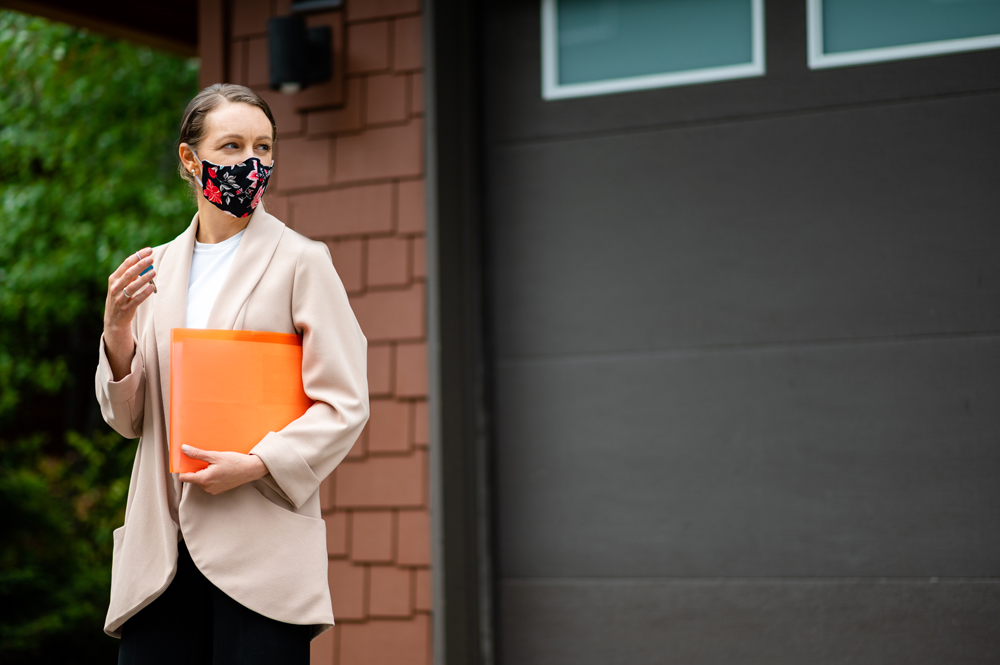
Private Viewings Can Go On
…with a few additional safety precautions, of course. Prior to the viewing, my agent and I had to sign a health disclosure to ensure that we did not have symptoms of COVID-19, nor had we recently travelled or come in contact with someone with symptoms. Once we actually got to the viewing, it was masks and gloves on. The condo that would become my new home was unoccupied at the time (a blessing), but we still had to be cautious. When viewing a potential home, you want to try the taps, make sure appliances are in working order and so on, so it was a relief knowing that the owner wasn’t occupying the unit. Even still, we took all the precautions we could and sanitized, once, twice, thirty times.
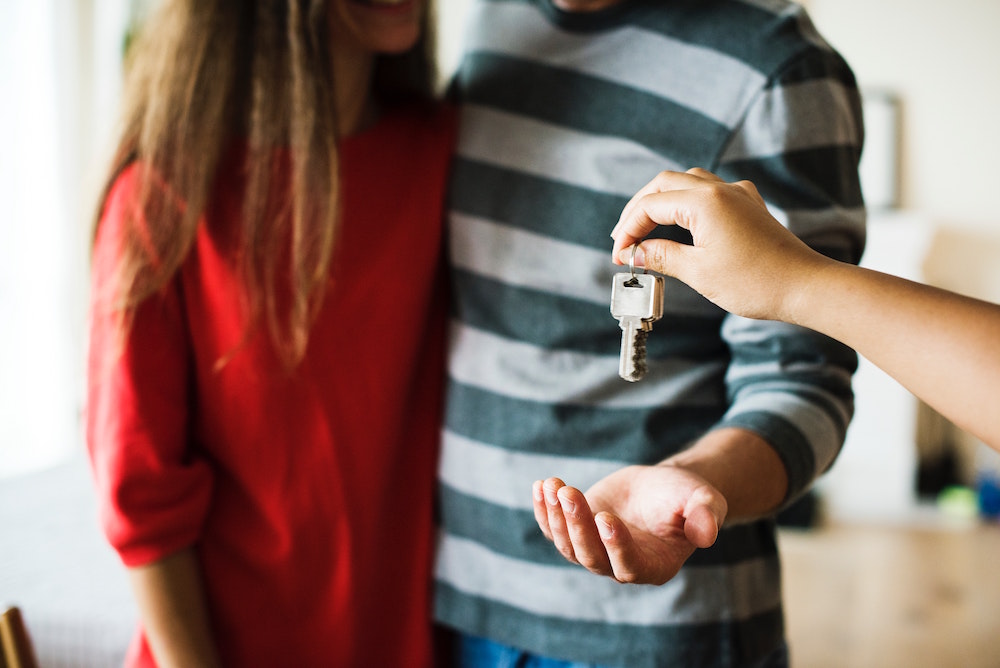
Be Ready to Move Fast
This is true even for the notoriously hot Toronto and Vancouver markets in the beforetimes, but it was one of the key factors in helping me nab my dream condo at a decent price. I saw the listing online hours after it was posted and arranged a viewing for that same evening. When I put in my offer that night, I was the only buyer to have seen the condo in person. The seller had a few more showings the next day – a Friday – but with no offers yet and mine expiring at 5PM that day, they took mine. The timing was key for me because a month earlier or later, there likely would have been more competition. Psst, here’s what $500K can buy throughout Canada in 2020.

If Possible, Go in Strong
With all this in mind, I wanted to go in with a strong offer. I didn’t want the seller to sign back and risk a flurry of viewings over the weekend. The lack of competition and timing was a blessing, so I didn’t want to risk having my new pad (it was already mine in my head at this point) being snatched away from me. This was also back in early April, when there was a lot of uncertainty about what would happen next – with job security, with mortgage rates, with the market – which probably motivated the seller to take a sure thing in front of them rather than wait it out.

Do Your Financing Homework
Hopefully you’ve figured out your financing well ahead of putting in an offer. When I put in my offer, the Bank of Canada had just slashed interest rates and would slash them once more before I finalized my mortgage. This was great for potential buyers looking to break into the market. But as someone completely green to all this, it meant doing a lot of homework to understand the current, confusing state of the market and what the likely long-term effects would be. I consulted with many brokers – don’t be afraid to shop around! You’ll need to be comfortable with whatever broker or financial institution you go with. It also helped to look at long-term trends, specifically the effects of recessions and depressions on interest rates historically in order to get a better understanding of what the next few years would look like. Feeling stressed? Try these tips for reducing house-hunting anxiety.
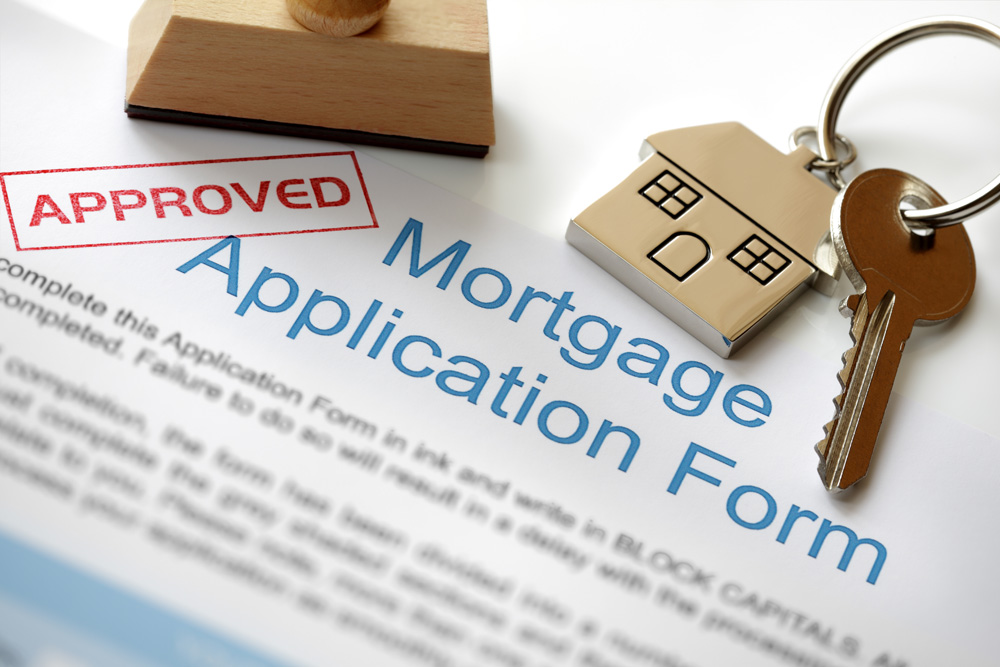
Fixed or Variable?
Rates are pretty good now – and typically new homebuyers (and especially younger homebuyers) tend to go with a fixed rate mortgage. But my broker and my family encouraged me to opt for the variable rate – which sounded a lot scarier than it was. While pulling the trigger on the condo was easy – I knew it was the one – finalizing my mortgage was the decision that I really lost sleep over. Ultimately, I got a great variable rate with a broker that I trusted, but it took many hours of research to get there. If house-hunting was a part-time job, mortgage hunting was absolutely a full-time gig. On the flip side, here’s why 63% of millennial homeowners regret buying their homes.

(Almost) Anything Can Be Done Online
While you’ll certainly want to see your potential new home in person, the majority of the closing can be done remotely once you’ve completed your viewing. I was able to put in my offer, sign and complete my mortgage and withdraw funds from my RSP, all completely remotely using e-sign technology. My signatures may not have been the prettiest (I dare you to try to create a gorgeous cursive signature on a laptop trackpad), but the convenience of doing it from home was enough to make my broker and I wonder if the process would ever return to “normal.”

Like I Said, Almost Anything
The exceptions to this were a few final things the week of my closing. First was the final inspection. Again, I had to sign the same safety waivers and come prepared with my personal protective equipment. In addition, this time I brought along some anti-bacterial surface sprays and wipes. I also had to go in person to the bank to pick up a certified cheque and drop it to my lawyer’s office and sign the final documents for closing. All of these businesses had new social distancing procedures in place to protect staff and customers. It was easier (and felt safer) than my weekly trip to the grocery store.
HGTV your inbox.
By clicking "SIGN UP” you agree to receive emails from HGTV and accept Corus' Terms of Use and Corus' Privacy Policy.


